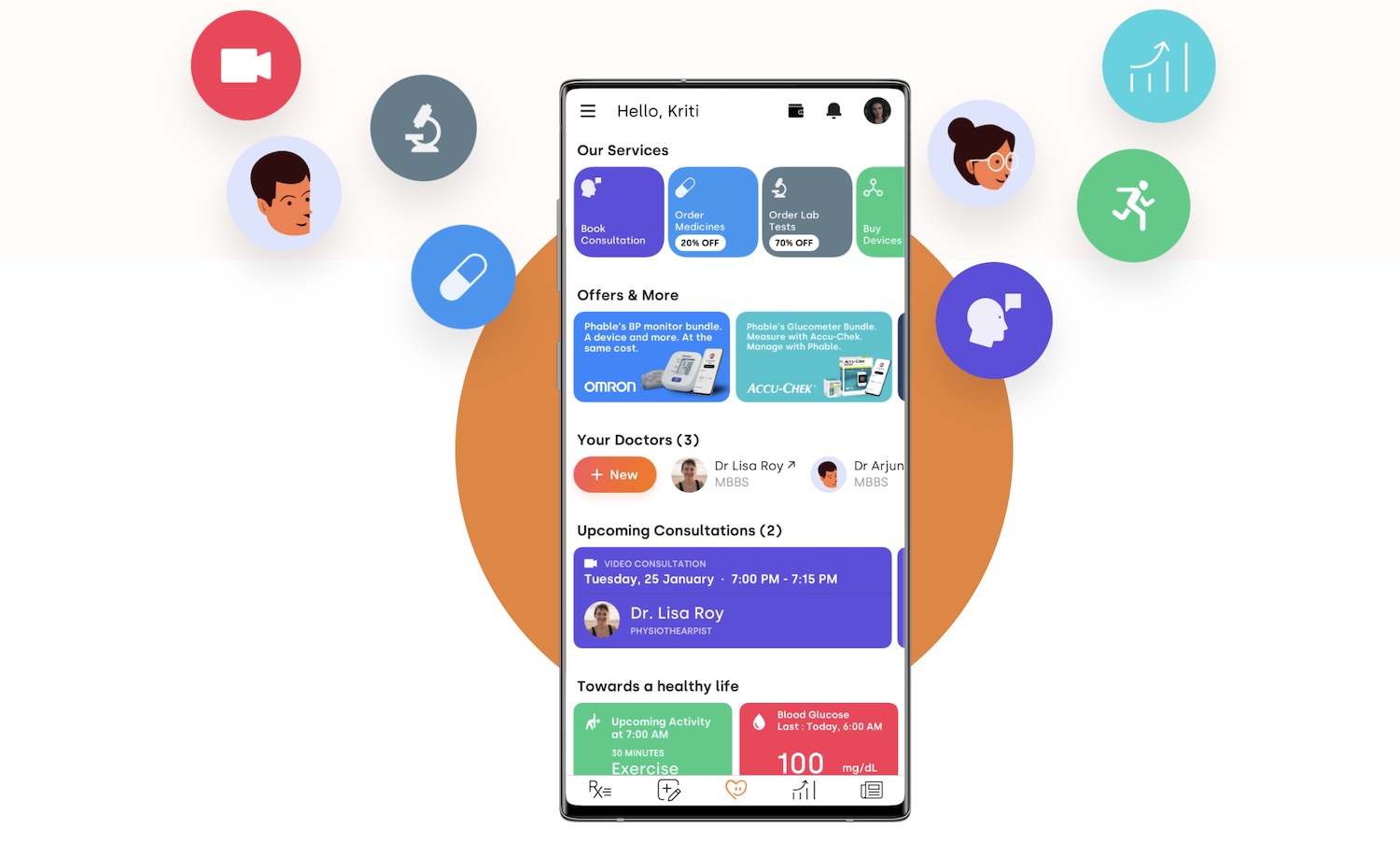- February 7, 2021
- by:
- in: Blog
On Friday, the National Labor Relations Board rejected Amazon’s attempt to delay a union vote set to begin on Monday, February 8. For many, the online giant’s bid was seen as a stalling tactic, including a motion to demand votes take place in-person — a clear health risk, as the COVID-19 virus still poses a
On Friday, the National Labor Relations Board rejected Amazon’s attempt to delay a union vote set to begin on Monday, February 8. For many, the online giant’s bid was seen as a stalling tactic, including a motion to demand votes take place in-person — a clear health risk, as the COVID-19 virus still poses a major threat in the United States and globally.
“Once again Amazon workers have won another fight in their effort to win a union voice,” Retail, Wholesale and Department Store Union President Stuart Appelbaum said in a statement regarding the NLRB’s decision. “Amazon’s blatant disregard for the health and safety of its own workforce was demonstrated yet again by its insistence for an in-person election in the middle of the pandemic. Today’s decision proves that it’s long past time that Amazon start respecting its own employees; and allow them to cast their votes without intimidation and interference.”
Amazon, however, said it was disappointed in the decision because it goes against the company’s goal of getting as many people as possible to vote in the election, Amazon spokesperson Heather Knox said in a statement to TechCrunch.
“Even the National Labor Relations Board recognizes that the employee participation rate for its own elections conducted with mail ballots is 20-30% lower than the participation rate for in-person voting,” Knox said. “Amazon proposed a safe on-site election process validated by COVID-19 experts that would have empowered our associates to vote on their way to, during and from their already-scheduled shifts. We will continue to insist on measures for a fair election that allow for a majority of our employee voices to be heard.”
Now, the mail-in voting process will continue as planned and ultimately determine whether Amazon’s Alabama warehouse — which employs around 6,000 — will join the RWDSU, an AFL-CIO affiliate in operation since 1937. The move would be a major watershed moment for Amazon’s blue-collar workforce — and could spur similar unionizing among the 110 or so fulfillment centers the company operates across the U.S.
The vote comes amid a sea change for both blue and white-collar workers in a tech sector that has traditionally rejected such movements. Notable recent examples include a group of Google contracts in Pittsburgh, followed by this year’s launch of an Alphabet Workers Union that includes more than 800 employees. Last February, Kickstarter voted to unionize its workforce, followed by developer platform Glitch the following month.
Unions, which act as an intermediary between workers and their employers, advocate on behalf of employees for better wages, working conditions and other benefits through collective bargaining. While it does cost money to join a union, unionized workers tend to make higher salaries than their non-unionized counterparts. Among full-time wage and salary workers, union members had median weekly earnings of $1,144, compared to $958 for non-union members in 2020, according to the U.S. Bureau of Labor Statistics.
Often times these unions are the product of months or years of planning behind the scenes — likely not a surprise for anyone possessing a basic knowledge of the history of labor in the United States. The formation of an Amazon union would present a historic move for labor and tech in the U.S. — a potential outcome the company has been looking to stop dead in its tracks.
Besides seeking to delay the vote, Amazon has also gone all-in on trying to persuade its workers in Bessemer not to vote to unionize. Amazon’s Do It Without Dues website encourages workers to keep things the way they are, instead of having to pay union dues.
“If you’re paying dues…it will be restrictive meaning it won’t be easy to be as helpful and social with each other,” the site states. “So be a doer, stay friendly and get things done versus paying dues.”
Meanwhile, workers have complained that Amazon’s anti-union tactics are too much. One worker told The Washington Post they were bombarded with anti-union messaging in the bathroom stall.
Amazon opened the Bessemer warehouse in March 2020 and says it has created more than 5,000 full-time jobs starting with a pay of $15.30 per hour, including healthcare, vision and dental insurance, and 50% 401(K) match, Knox said. She described the work environment as “safe” and “innovative,” and added, “We work hard to support our teams and more than 90% of associates at our Bessemer site say they would recommend Amazon as a good place to work to their friends.”
But Amazon’s labor history has been a spotty one. The company has often come under fire for its treatment of workers — particularly those in logistics and shipping, like the 6,000 currently employed in its Alabama fulfillment center. Many of those issues were amplified throughout 2020, as Amazon employees were deemed “essential workers” in the earliest days of the pandemic’s arrival in the States.
In November, former warehouse employee Christian Smalls filed a suit against the company, citing a failure to provide workers with proper PPE amid the pandemic.
“I was a loyal worker and gave my all to Amazon until I was unceremoniously terminated and tossed aside like yesterday’s trash because I insisted that Amazon protect its dedicated workers from COVID-19,” Smalls said at the time. “I just wanted Amazon to provide basic protective gear to the workers and sanitize the workplace.”
Smalls was fired last March after organizing a walkout at a Staten Island fulfillment center. A spokesperson for the company told TechCrunch that he was fired after “putting the health and safety of others at risk and violations of his terms of employment.”
In April, employees Emily Cunningham and Maren Costa were fired for “repeatedly violating internal policies,” according to the company. The pair were vocal critics of the company’s treatment of warehouse employees — criticism that came to a head during the pandemic.
Then, in September, reports surfaced that Amazon was looking to hire an intelligence analyst. Specifically, Amazon in a job posting said it was seeking someone who would inform higher-ups and attorneys “on sensitive topics that are highly confidential, including labor organizing threats against the company.”
Amazon swiftly took down that job post, saying it was “not an accurate description of the role – it was made in error and has since been corrected,” Amazon spokesperson Maria Boschetti said in a statement to TechCrunch at the time.
While Amazon did not give a specific revised description, the company said the role is meant to support its team of analysts that focus on external events, like weather, large community gatherings or other events that have the potential to disrupt traffic or affect the safety and security of its buildings and the people who work at those buildings.
However, that same day, Vice reported Amazon had been spying on workers for years to monitor for any potential strikes or protests. Amazon has since said it will stop using its social media monitoring tool.
“We have a variety of ways to gather driver feedback and we have teams who work every day to ensure we’re advocating to improve the driver experience, particularly through hearing from drivers directly,” Boschetti said in a statement. “Upon being notified, we discovered one group within our delivery team that was aggregating information from closed groups. While they were trying to support drivers, that approach doesn’t meet our standards, and they are no longer doing this as we have other ways for drivers to give us their feedback.”
By unionizing, Amazon workers hope to gain the right to collectively bargain over their working conditions, like safety standards, pay, breaks and other issues. Unionizing would also enable workers to potentially become “just cause” employees versus at-will, depending on how the negotiations go.
“Amazon presents a threat to the very fabric of society and the social contract we work to uphold for all working people,” the union organizers state on their site. “Corporations like Amazon have built decades of increasingly bold and aggressive attacks on workers’ rights that have dramatically eroded union density, harmed working conditions, and lowered the standard of living for many workers. And it’s not stopping. The RWDSU has always stood against anti-worker and anti-union companies. Our union will not back down until Amazon is held accountable for these and so many more dangerous labor practices.”
Mail-in voting ends March 29, with the NLRB set to begin counting ballots the following day on a virtual platform. Each party will be allowed to have four people attend the count.
TechCrunch has reached out to Amazon and will update this story if we hear back.






